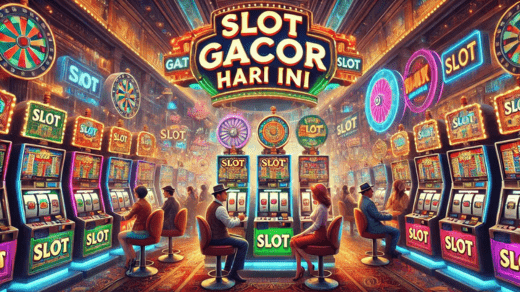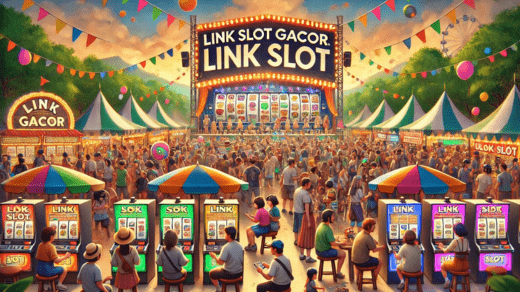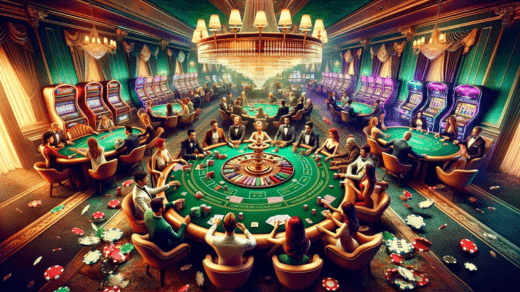Introduction:
In a world increasingly dominated by digital advancements and technological marvels, it’s intriguing to observe how traditional games from ancient cultures manage to seamlessly transition into the digital age. One such fascinating example is the incorporation of the timeless Mahabharata’s Ludo into the digital gaming realm. This ancient Indian game, with roots deeply embedded in the epic Mahabharata, has found a new home in the digital age, creating a bridge between eras and cultures.
The Ancient Roots of Mahabharata’s Ludo:
Mahabharata’s Ludo, also known as “Chaupar” in Sanskrit, has its origins in the epic Mahabharata, one of the longest and most revered texts in Hindu mythology. The game is said to have been played by the Pandavas and the Kauravas during their exile. The narrative goes that the Pandavas lost their kingdom in a game of dice, and this ancient pastime has since been intertwined with the epic’s lore.
The Traditional Ludo Experience:
Traditionally, Mahabharata’s Ludo is played on a cloth or wooden board, often adorned with intricate designs representing the Mahabharata characters and events. The game involves each player navigating their pieces across the board using dice rolls. The competition is not just a test of luck but also demands strategic thinking as players aim to reach the center, symbolizing victory.
Digital Resurrection:
In the digital age, Mahabharata’s Ludo has experienced a resurrection of sorts. Mobile apps and online platforms now offer virtual renditions of this ancient game, allowing players to engage with the centuries-old pastime in a contemporary setting. Ludo earn money games are also very popular where the players play and earn real cash. The transition from physical boards to digital screens has not only preserved the essence of the game but also introduced it to a global audience.
Preserving Tradition in a Modern World:
The adaptation of Mahabharata’s Ludo into the digital realm has played a crucial role in preserving cultural traditions. As societies evolve and cultural practices face the risk of fading into obscurity, digital platforms offer a lifeline. The virtual version of Mahabharata’s Ludo ensures that this ancient game continues to be a part of the cultural fabric, passed down through generations in a format accessible to the modern world.
Cultural Exchange in Gaming:
The digital adaptation of Mahabharata’s Ludo has facilitated a cultural exchange, transcending geographical boundaries. Players from diverse backgrounds now have the opportunity to engage with a game deeply rooted in Indian mythology, providing them with a glimpse into the rich cultural tapestry of the Mahabharata. This intercultural interaction fosters understanding and appreciation, breaking down barriers through the universal language of gaming.
The Role of Technology:
The seamless integration of Mahabharata’s Ludo into the digital age showcases the transformative power of technology. Advanced graphics, interactive interfaces, and online multiplayer options have enhanced the gaming experience, making it more appealing to a broader audience. The digital adaptation also allows for innovative features, such as virtual storytelling elements that further immerse players in the Mahabharata’s narrative.
Preserving Social Connections:
In an era where digital interactions sometimes overshadow face-to-face connections, Mahabharata’s Ludo serves as a reminder of the importance of social engagement. The game, whether played physically or digitally, encourages friends and family to come together for shared moments of joy and competition. They can download the app on their phones through Ludo download. The digital version enables players to connect across distances, fostering a sense of camaraderie in the virtual realm.
Conclusion:
Mahabharata’s Ludo’s journey from ancient roots to digital adaptation exemplifies the timeless nature of cultural traditions. As technology continues to shape our world, it is heartening to witness the preservation of ancient games and their integration into the digital age. Mahabharata’s Ludo, with its rich history and cultural significance, not only bridges eras but also connects people across the globe, demonstrating the enduring power of traditional games in the modern world.





